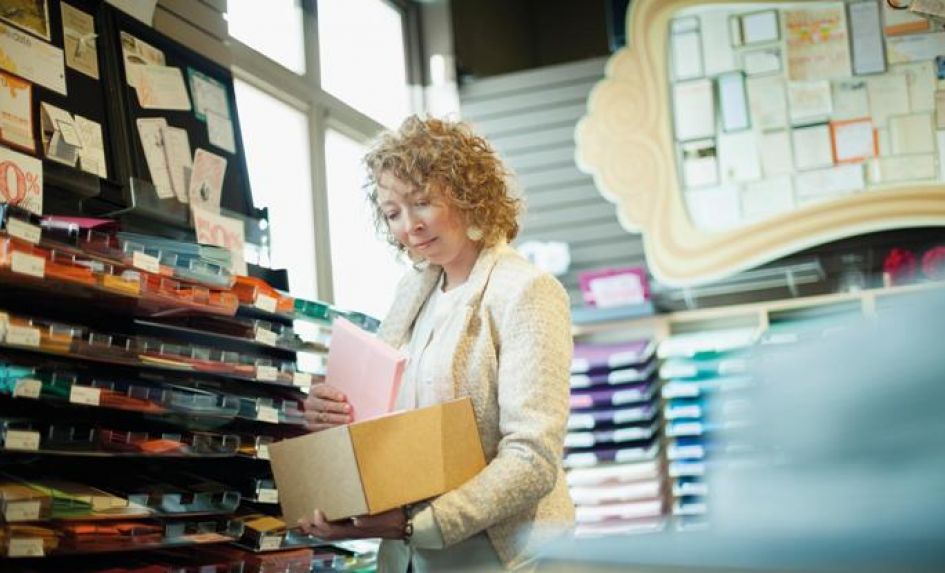Ripple effect
For the last few years, paper has been steadily increasing in price. The rising cost is linked to the supply of pulp, following unprecedented levels of demand right across Europe. Pulp, used to make paper, is now being utilised much more widely by hygiene and packaging producers, as companies increasingly switch to using paper over plastic for sustainability reasons.
Inevitability, this is having a knock-on effect on the consumable paper supplies required by schools. A ripple effect has led to paper suppliers consolidating their businesses, meaning there are now fewer suppliers and more restrictions in terms of choice.
We supply a large range of paper at YPO and have noticed a 30% increase in the price of copier paper, one of the most frequently purchased paper types. These price rises unfortunately tend to be passed on to customers, though at YPO we’re working hard to keep paper costs as low as we can.
Better quality
Given the increased prices, it’s more important than ever that you buy the right paper for the right job. With paper, as with many other items, cheaper isn’t always better. If you base your paper supply purchases solely on price, it might not be of the right quality or the correct weight to pass through your printers and copiers, resulting in bad print jobs or worse, blocked printers. With exercise books, we’re finding that teachers are increasingly buying A4 books rather than the traditional A5 as they provide more space per page.
Teachers are in turn tending towards A4+ size exercise books for themselves, which allow them to slip A4 sheets between the pages. Consider purchasing exercise books with 80 pages or more to make your money go further. If you’re stocking up for the year ahead, YPO’s resource packs of display papers and borders can help you prepare for putting those classroom displays together.
Eco-friendly
The pricing of paper is further affected by its environmental impact. Recycled paper still comes at a premium, but don’t let that put you off – buying such paper can help your school meet its sustainability objectives. Recyclable paper consumes less water and energy and produces lower carbon emissions than non-recycled paper. Advances in technology have meant that recycled paper can now be produced at a comparable level of whiteness as non-recycled paper.
Paper makes up most of the waste produced by schools, making it important to promote recycling and teach children about its importance. YPO’s paper supplies are all obtained from sustainable sources, many accredited by the Forest Stewardship Council or the Programme for the Endorsement of Forest Certification. It’s important to understand that virgin fibres are critical for manufacture and lifecycle of paper – and that without virgin paper, we’d be unable to recycle.








